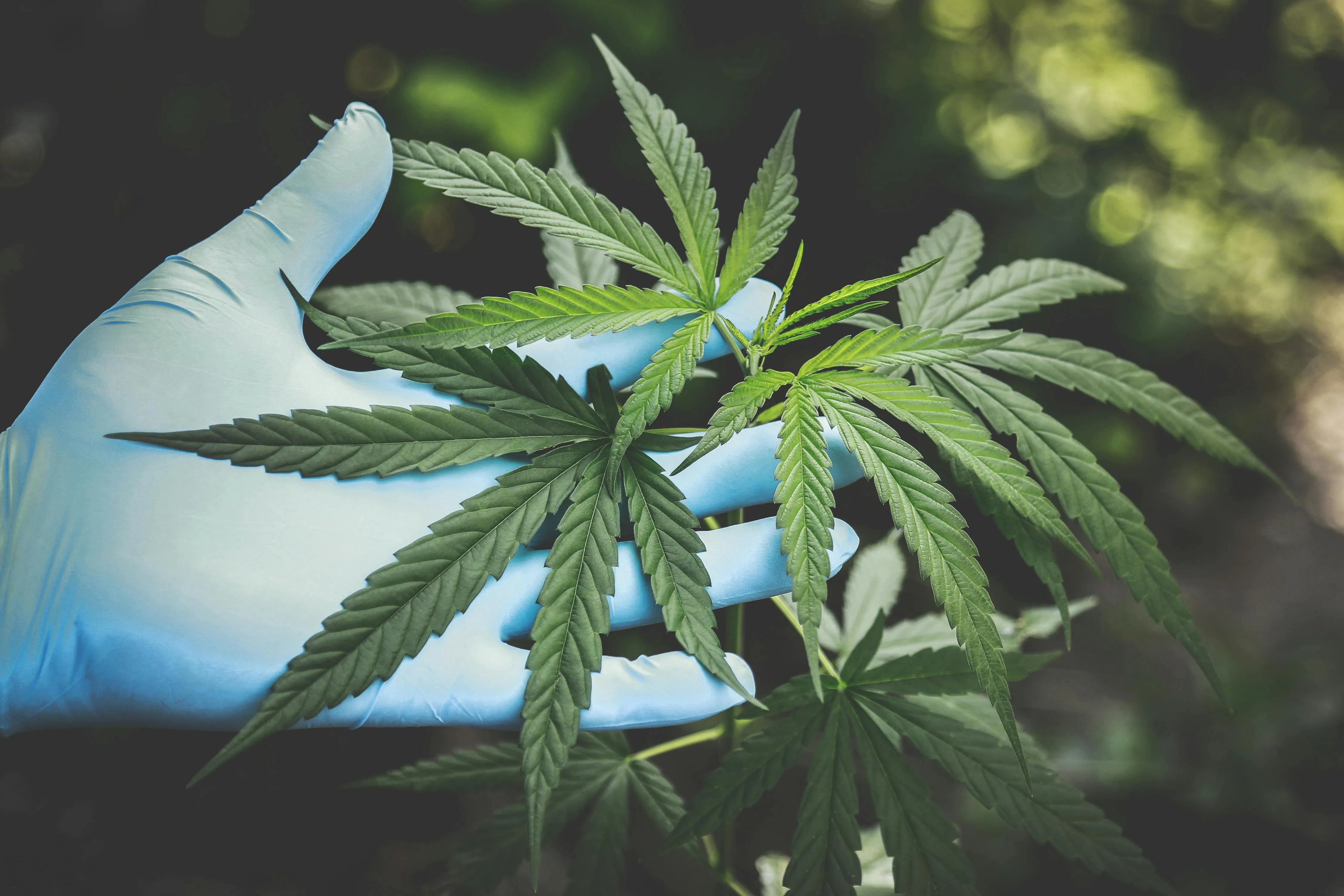Breaking Free: You’re Not Alone on the Road to Recovery
Life can throw some tough curveballs. Sometimes, we find ourselves grappling with challenges that feel overwhelming. For some, those challenges might involve turning to substances as a way to cope – alcohol, drugs, anything that promises temporary escape. But relying on these substances ultimately traps us in a cycle that’s hard to break free from.
If you’re reading this and recognizing yourself in these words, please know: you are not alone. Struggling with substance use is incredibly common, and there’s no shame in seeking help. In fact, reaching out for support is the bravest step you can take towards a healthier, happier life.
Think of it like this: If you sprained your ankle, you wouldn’t hesitate to see a doctor. Substance use affects your mind and body just as profoundly as any physical injury, and seeking help is just as important.
Who Can You Turn To?
The first step often feels the hardest – acknowledging that you need help. But once you take that step, there are many supportive hands waiting to guide you.
* Trusted Friends and Family: Start with someone you feel comfortable with – a parent, sibling, close friend, or mentor. Sharing your struggles can be incredibly freeing, and their love and understanding can provide a strong foundation for your recovery journey.
* Support Groups: Organizations like Alcoholics Anonymous (AA) and Narcotics Anonymous (NA) offer safe spaces to connect with others who understand what you’re going through. Sharing experiences, offering encouragement, and learning from each other’s journeys can be incredibly powerful.
* Mental Health Professionals: Therapists, counselors, and addiction specialists are trained to help you navigate the complexities of substance use. They can provide individual therapy, group therapy, or a combination of both to address the underlying causes of your dependence and develop healthy coping mechanisms.
* Medical Professionals: Depending on the substances involved, medical professionals can play a crucial role in managing withdrawal symptoms safely and effectively.
Remember, Recovery is a Journey:
Recovery isn’t linear; it comes with ups and downs. There will be good days and bad days, moments of strength and moments of weakness. Be kind to yourself throughout the process and remember that setbacks are part of the journey.
Here are some tips to keep in mind:
* Celebrate Small Victories: Every step you take towards recovery is a victory worth celebrating – whether it’s resisting a craving, attending a support group meeting, or simply choosing a healthy activity over substance use.
* Practice Self-Care: Prioritize activities that nourish your mind, body, and spirit – exercise, meditation, spending time in nature, pursuing hobbies you enjoy.
* Build a Supportive Network: Surround yourself with people who encourage your recovery. Avoid situations or environments where substance use is prevalent.
* Don’t Be Afraid to Ask for Help: If you’re struggling, reach out to someone – a trusted friend, family member, therapist, or support group leader. You don’t have to go through this alone.
Remember, your life is worth living fully and freely. Breaking free from substance use is a challenging but ultimately rewarding journey. With the right support and commitment, you can rediscover joy, purpose, and connection in your life.
Reaching out for help is a sign of strength, not weakness. You deserve to live a healthy, fulfilling life. Take that first step today.